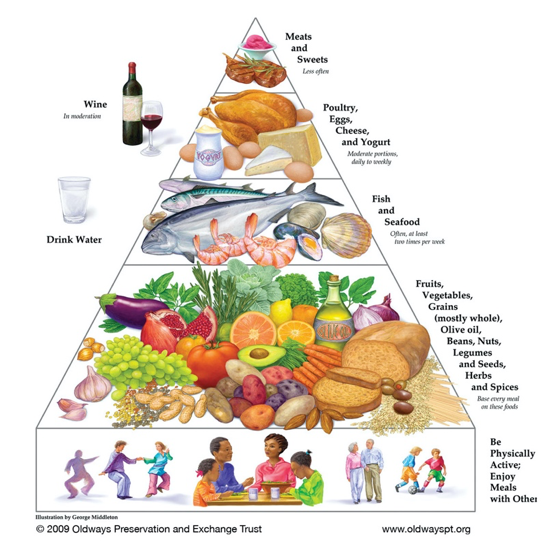Marisa Soski, ND, MS
One of our favorite things to talk to patients about is the role of nutrition in cancer care, which has certainly changed over the years. For a long time, many oncologists thought that diet and nutrition did not matter and had no effect on a patient’s health or outcomes. This belief is starting to change as doctors begin to recognize the importance and role of a healthy diet. On the other side of the spectrum you have people like Chris Wark from Chris Beat Cancer who claim that diet and lifestyle changes alone can cure cancer. We believe the role of nutrition is somewhere in the middle, it is likely not a silver bullet for most people, but it can have a significant impact on overall health.
Some areas that proper nutrition can help in include:
- Help the body heal from surgery
- Reduce toxicity from chemo and radiation
- Improve quality of life in categories such as energy, sleep, physical function, cognition, nausea, pain, appetite, and diarrhea/constipation
- Provide extra cancer fighting nutrients, vitamins, and minerals
- Change the terrain of the body to help prevent recurrence
The focus of conventional medicine with respect to cancer is the maintenance of body weight and BMI as this can significantly impact outcomes, but what if we took it a step further and focused not just on maintaining weight but incorporating healthy and cancer fighting foods?
One important thing to point out is that there is not one diet that works best for everyone. For example, while one person may feel incredible on a completely plant-based diet, another person may feel depleted and that they can never quite get all the nutrients they need. It is important to experiment and find the diet that works best of you.
Here are some general rules that mostly good for everyone
- Eat fresh, unprocessed foods.
- Eat organically whenever possible.We say whenever possible because eating vegetables in general is better than not eating vegetables if you don’t have an organic option, but pesticides contain chemical compounds that increase one’s risk for cancer.
- Eat the rainbow: diversify the color of your foods. Each color or pigment in a fruit of vegetable has different phyto-nutrient, many of which have inherent anti-cancer properties. It is best to get a wide variety of these instead of just focusing on one color or one nutrient.
- Eat adequate protein: around .8-1 gram/kilo of weight for average adult (.36-0.45 gram/pound body weight). You may want to increase this amount if after surgery or if you are noticing weight loss
- Focus on omega 3 fatty acids from fish, seeds, and nuts. Diets high in omega-3 fatty acids are anti-inflammatory, can help maintain a stable weight, improve blood count numbers, improve appetite, improve energy, and improved quality of life. There is also some evidence that high omega 3 intake improves response and tolerance of chemotherapy
- Eat at least 35 grams of fiber daily (mostlyfrom vegetables, fruits, legumes and/or whole grains)
- Eat slowly. Take the time to chew your food and enjoy it to maximize digestion.
- Do not drink large amounts (over 6 ounces) of water with meals. Don’t drink ice water with meals.Water and ice can dilute stomach acid which compromises your body’s ability to breakdown and process the food you eat.
- Make sure you eat regularly throughout the day. This can be three larger meals, or more smaller meals spread out. If you need to, set alarms on your phone to remind you to eat.
- Avoid foods you know you are allergic or intolerant of. When we eat foods that don’t agree with us it causes added inflammation in the body which promotes an environment in which cancer thrives
In general, the diet with some of the best research to support its cancer fighting ability is the Mediterranean diet (see the food pyramid below) which focuses on whole foods, lots of fruits and veggies, legumes, fish, some lean meat, and whole grains. Additionally, the pyramid stresses the importance of daily movement, water, and community.
As a final note we want to leave you with this: making dietary changes can be very hard for a number of reasons including time, money, energy, cultural traditions, and emotional ties to food. Therefore, be kind to yourself when making changes to the ways you eat. Start slow, making small changes at a time. Making changes in this way is more likely to lead to sustainable change than a complete overnight overhaul. Food should not be a source of added stress, but rather a form of empowerment that you are taking healthy steps to achieve your optimum health.

doi: 10.1016/j.critrevonc.2013.03.006.
doi:10.21873/cgp.20050

